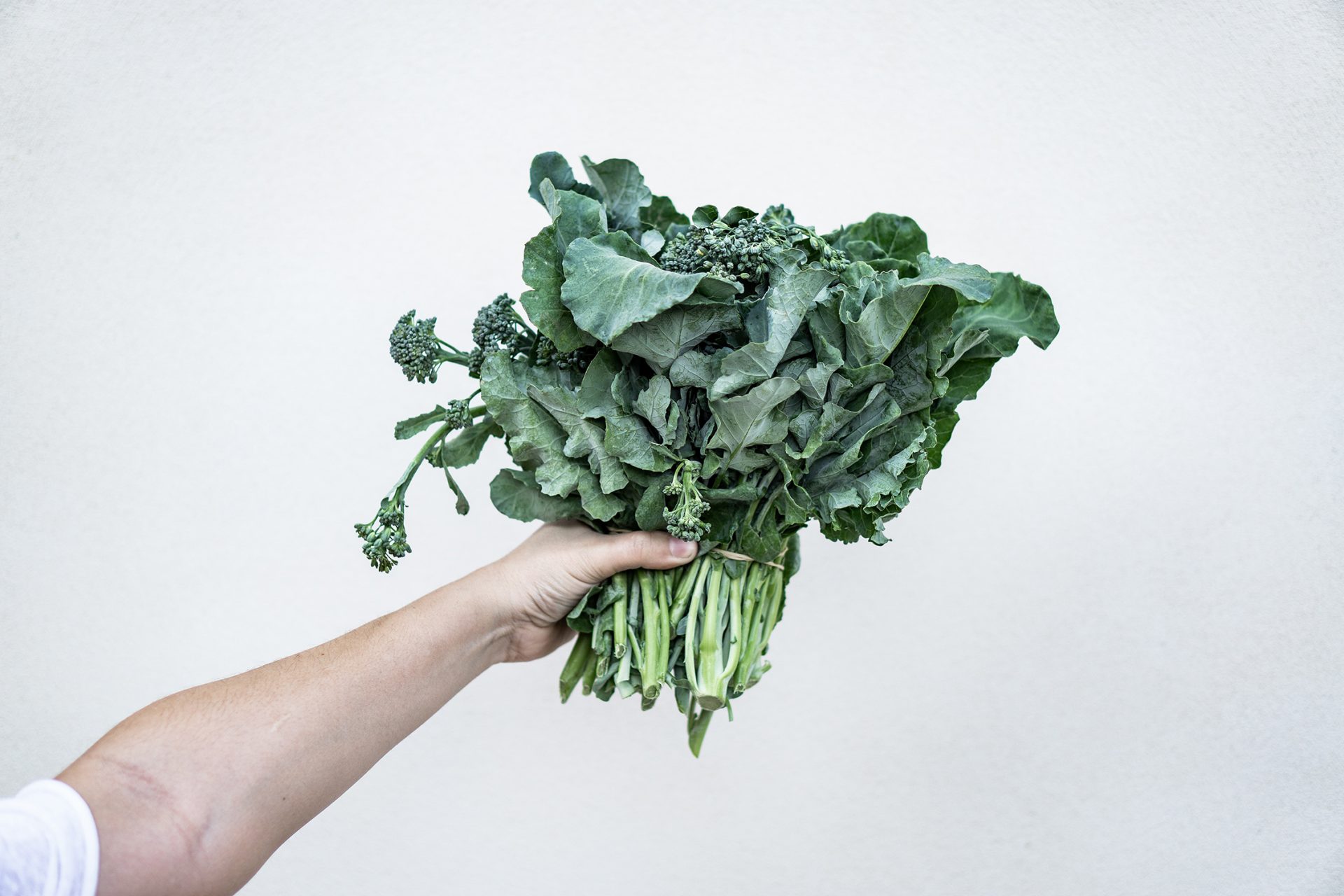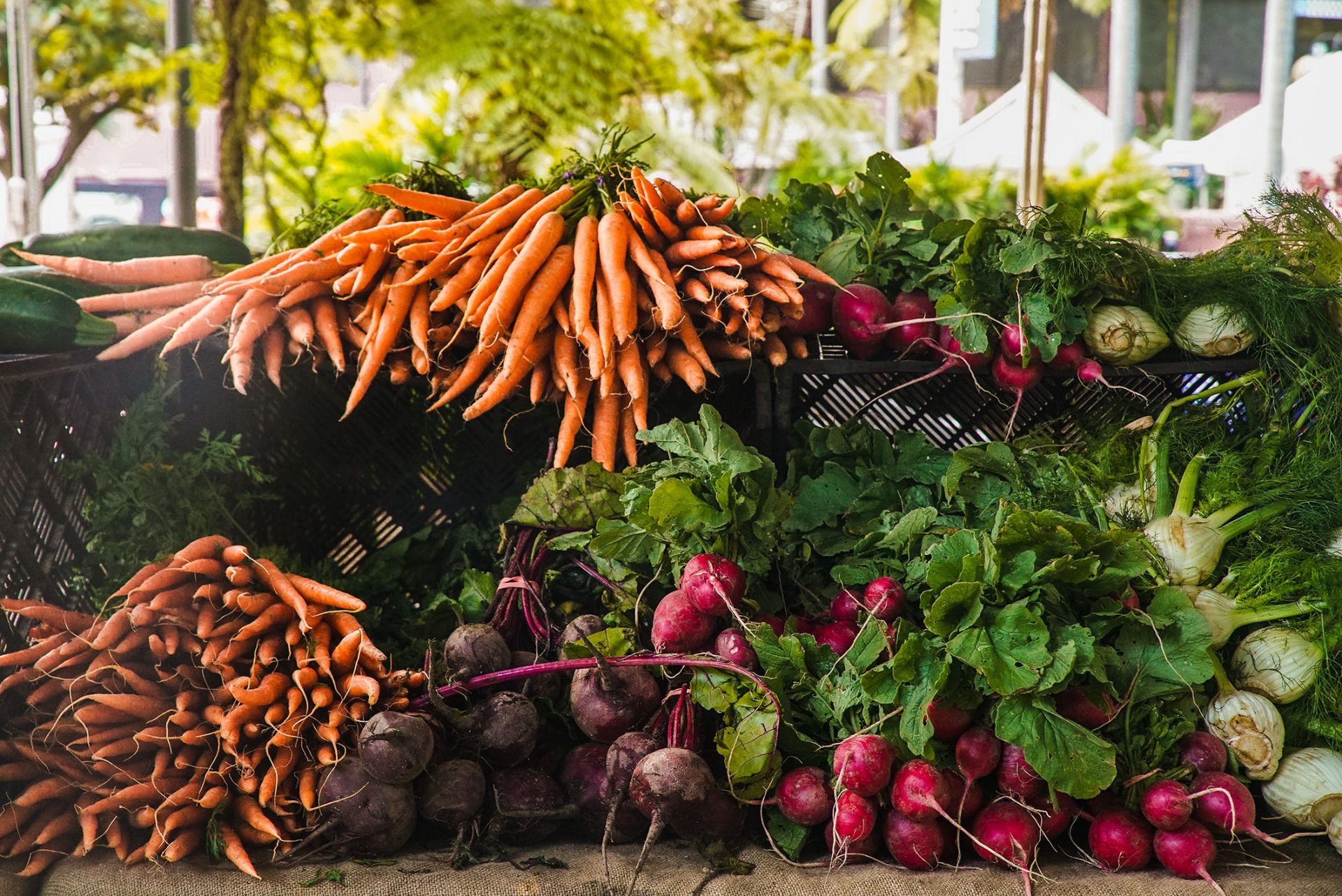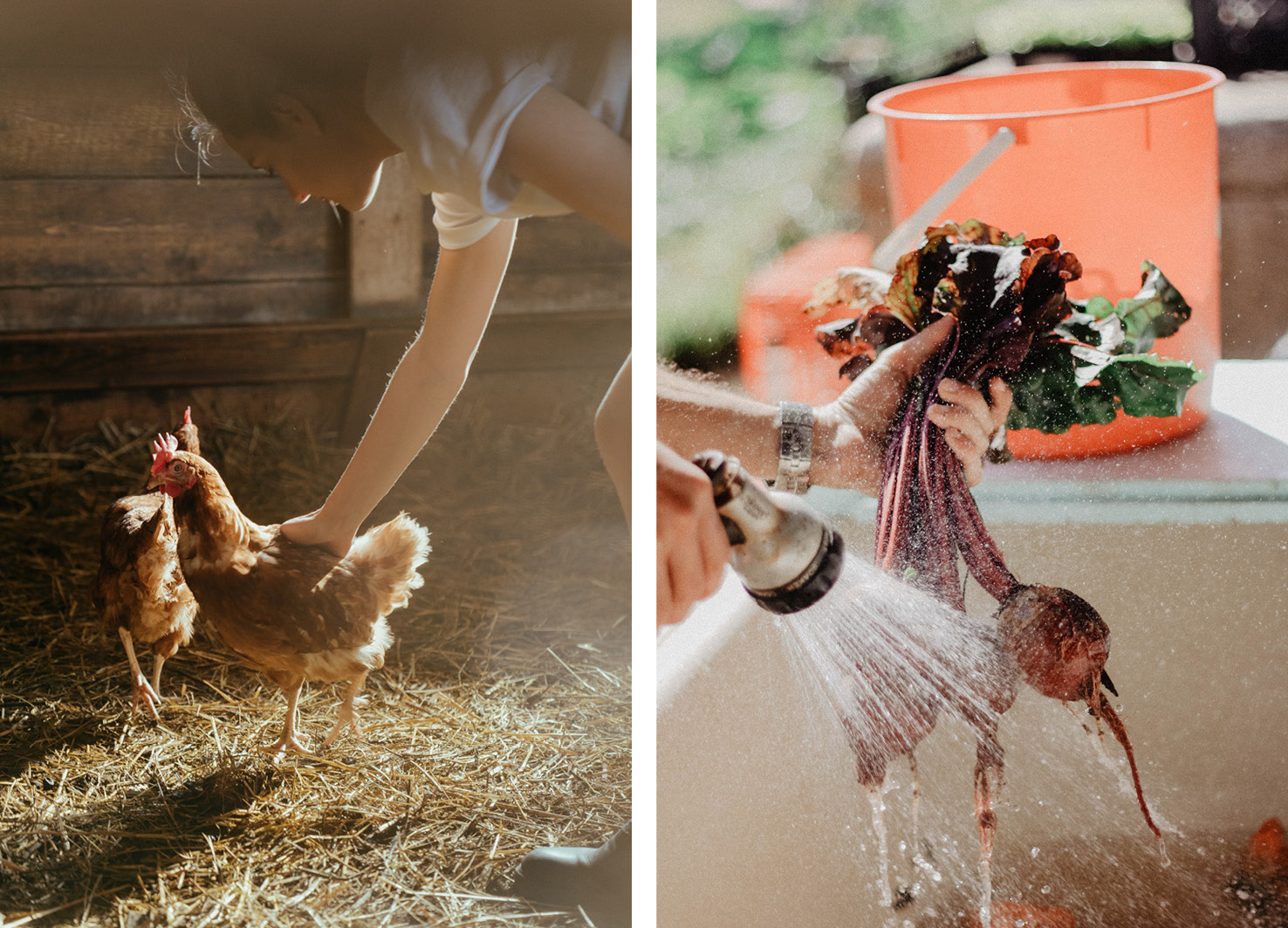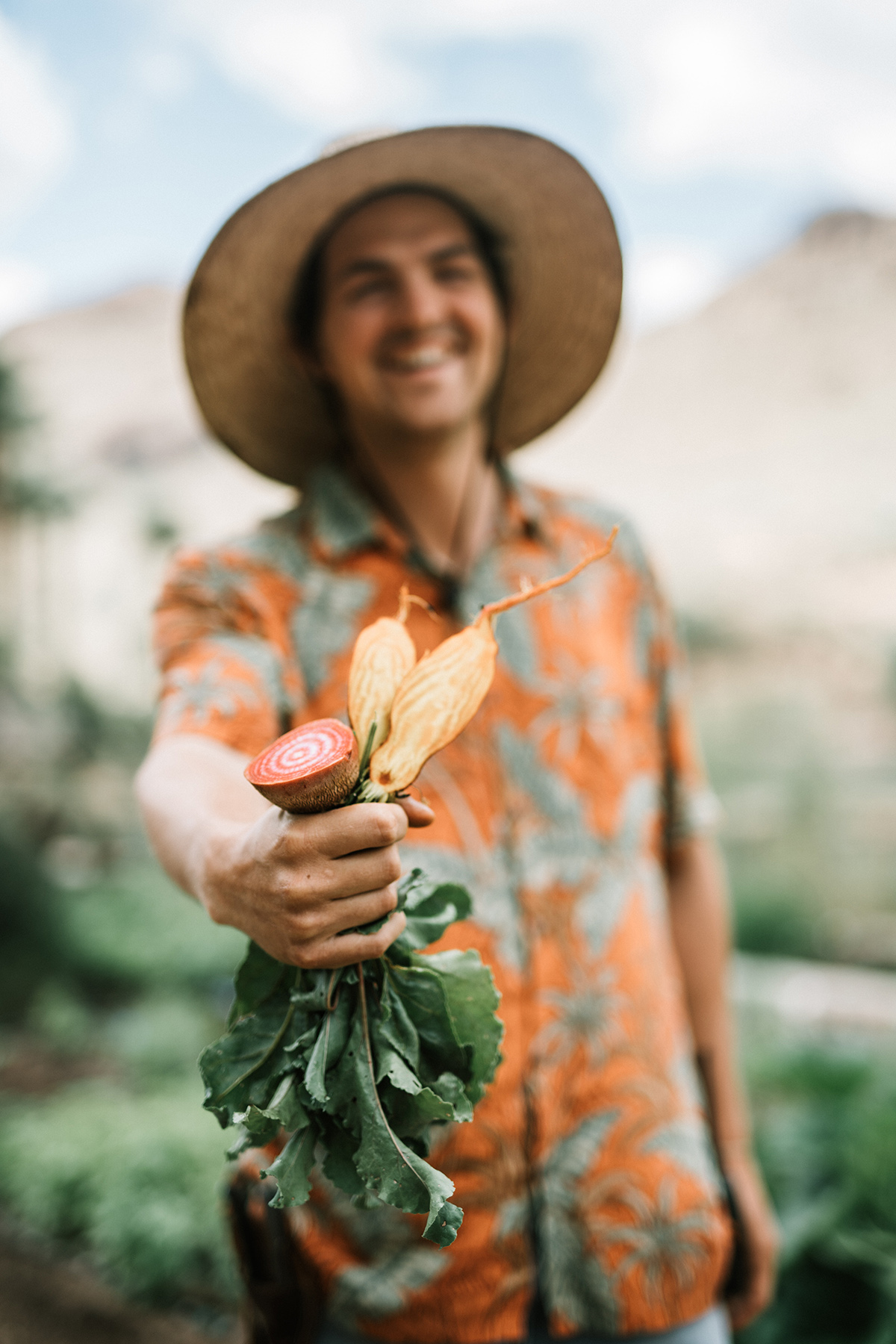
Australian Organic Awareness Month
Want to live a more organic lifestyle but don’t know where to start? Juggling needs, wants and preferences against health concerns, environmental sustainability and financial restraints can mean that ‘organic’ is often up against fair trade, locally-made, gluten-free or other must-haves on our shopping lists.
In light of Organic Awareness Month this September, we caught up with Australian Organic CEO Niki Ford to find out what exactly Certified Organic means and how Australia fares when it comes to organic products and awareness.
……….
Tell us about your background and your personal journey into the world of organics?
I was born in Toowoomba, Queensland. Living on the outskirts of town I grew up roaming around the local paddocks, making tree houses with the neighbours’ kids and yabbying in the creek. I was fortunate enough to have a horse in my teenage years and often spent my weekend with my friends riding around the local countryside. I feel extremely blessed to have had such an adventurous childhood.
My connection to the land and animals has always had my heart, however, my ambitious youth took me to the city to develop a professional skill set that now provides me the opportunity to connect my passion for agriculture to my other passion, wellbeing.
In my very early 20s, I was diagnosed with fibromyalgia. At the tender age of 21, I wasn’t able to work and my diagnosis, while comforting to have a name for my condition after nine months of medical assessment, was accompanied by the suggestion that the only way I could feel better was to make pain management the key strategy for recovery. I wasn’t prepared to simply take medication to treat the symptoms. I wanted to know how I could get better.
Over the course of the next 10 years I found myself researching and studying nutrition, seeking alternative therapies to reshape my physical health, and embarking on a variety of physical fitness activities to process the level of stress my body was under. During this time, I discovered organic products and have since been slowly increasing my consumption. My lifestyle now includes about 90% Certified Organic products. From the food I eat through to the makeup wear, I have changed all my consumables to Certified Organic and I have never felt better.

What does Certified Organic mean?
The term ‘Certified Organic’ means either the farm, product or service has been independently verified by a certification body. This means each part of the supply chain has been through rigorous testing and adheres to a strict standard, such as the Australian Certified Organic Standard (ACOS) or the National Standard for Organic and Biodynamic Produce (NS).
There are six certification bodies currently in Australia approved by the Department of Agriculture, Water and the Environment (DAWE). They each provide services to businesses looking to become Certified Organic.
Certified Organic products provide consumers with options that include less additives, synthetic chemicals and hormones. The strict organic standard outlines what can and can’t be used, and there are rigorous annual audits of the entire supply chain to provide confidence to consumers.
When you choose Certified Organic products, whether it be fruit and veg, packaged food, skincare or household items, you know that you are choosing products that are free from harmful synthetic chemicals, have been produced with sustainability in mind, and to some of the highest animal welfare standards in the world.
Certified Organic farming is a type of agriculture that seeks to produce food and fibre that has not been subject to the application of synthetic chemicals (for example synthetic herbicides, fertilisers, pesticides), and aims to achieve an integrated production system that increases biodiversity and a functioning soil ecosystem to promote plant, animal health and ultimately human health.
To put it simply, Certified Organic means:
- Sustainable and regenerative
- Harmful synthetic chemical free
- Free range and not tested on animals
- All GMOs are prohibited
When you choose Certified Organic products, whether it be fruit and veg, packaged food, skincare or household items, you know that you are choosing products that are free from harmful synthetic chemicals, have been produced with sustainability in mind, and to some of the highest animal welfare standards in the world.
Why is food so often the focus when it comes to organic?
Globally, organic production is defined through an agricultural standard which is very closely tied to food production and consumption. There are, however, organic textile and cosmetic standards, which were created after the organic food standards.
Food is one of the easiest ways for most consumers to begin their organic journey though. Many are now focusing on their health and wellbeing, and a lot of that comes down to eating healthily.
Is there any evidence to suggest that organic products are better for our health?
Within Australia there’s currently no conclusive evidence to suggest that organic products are better for your health, however, there is reasoning that suggests a reduction in agricultural toxicants leads to a reduction in residues. While some research on various topics such as pesticide exposure, organic consumer consumption patterns and a human trial on the outcomes of an organic diet has been conducted, more research is needed in Australia. We’re hopeful that with the launch of the first university course dedicated to organics at Southern Cross University, the Graduate Certification in Organic Food and Nutrition, there will be a greater understanding of the benefits of an organic lifestyle.

Can you tell us a little bit about what Australian Organic does?
Australian Organic Limited (AOL) is the leading industry body working with government and industry to promote the commercial and social interests of those who are certified and protect the integrity of the certified industry against fraud and fake organics. AOL established an organic certification scheme to independently verify that farmers and processors were producing in accord with those standards and introduced the leading organic certification logo – the ‘Bud’. This symbol ensures the integrity of organic products in the marketplace for consumers and is recognised by more than 50% of Australian consumers.
The company began its journey as the Biological Farmers of Australia (BFA) over 30 years ago. The BFA was initially formed to progress the interests of farmers and processors who wanted to promote and protect the message of organic, including the setting of organic standards. The BFA then moved on to develop an organic certification program to independently verify that farmers and processors were producing according to those standards.
In 2012 BFA changed its name to AOL, and in 2017 our members voted to demerge from our certification arm, now ACO Certification Ltd, in order for us to begin the pathway to becoming a peak industry body.
In July 2018, AOL became the “for purpose” peak body, representing its members and the broader industry as one voice to the government. As a member of the National Farmers’ Federation, AOL has represented the industry at parliamentary roundtables during crises such as the 2019/20 bushfires and COVID-19, and collaborated with the departments of Agriculture Water and the Environment; Foreign Affairs and Trade; Industry, Science, Energy and Resources and Health.
While lobbying the government, AOL has also maintained its focus on promoting and marketing to organic consumers. One of the earliest initiatives undertaken was the launch of Bud Organic Club, a purpose-designed online platform to engage and educate consumers on the benefit of an organic lifestyle. Bud Organic Club members are a group of highly engaged and curious consumers who want to know more about an organic lifestyle.
Recently, the Bud Organic Club (and the AOL website) was refreshed and updated. The new Bud Organic Club website now has more content and easier to access information on what organic means, plus recipes, blogs and competitions.
Is certification important when looking for organic products or brands?
Australia is the last developed country in the world to have domestic regulation around the term ‘organic’. This means that a product with as little as two percent organic ingredients can label itself ‘organic’, which is incredibly misleading for consumers. Unless you are able to understand and read product labels, it’s hard to know if a product is Certified Organic or not. That’s why looking for a certification mark, like the ‘Bud’, is so important, and it’s the easiest way for consumers to know that they are getting a genuine product.

How does Australia fare when it comes to organic products and awareness?
Australia was one of the first countries outside of Europe to develop an organic standard. Unfortunately, as above, we’re the last developed nation to have a consistent approach to what the word means. Despite certification currently being voluntary in Australia, there are over 3000 Certified Organic operators producing and manufacturing an enormous range of certified organic products. From pet food to shampoo, eggs to strawberries, there is an organic version of most consumables.
AOL has been working closely with the government, in particular DAWE, for the past two years to highlight the importance of having a consistent approach to regulation. Currently, any product that is being exported out of Australia is legally required to be Certified Organic if making an organic claim. Domestically though, it’s not mandatory to be certified if you’re claiming organic. The key issue is that Australian consumers are being fooled every day. There are many brands that have misleading packaging claims and often these products would never be certified as they use prohibited ingredients such as sodium lauryl sulphate, and synthetic fillers.
AOL’s number one goal is to support the implementation of a domestic regulation – one that mirrors our export standard to ensure consumer confidence, provides credibility to those operators who do the right thing, and provides additional market access for Australian organic exporters.
Every September, we host Australian Organic Awareness Month, the largest organic promotion campaign. The annual campaign promotes Certified Organic products, producers, brands and businesses across all categories. The campaign is designed to educate consumers on what Certified Organic means and the importance of looking for certification logos when they purchase an organic product. Australian Organic Awareness Month has been running since 2014 and this year has been our biggest campaign to date, headlined by our new campaign ambassador, Australian actor Lincoln Lewis.
It’s a long path but we have every intention to continue the discussion until we have a positive outcome for the industry.


